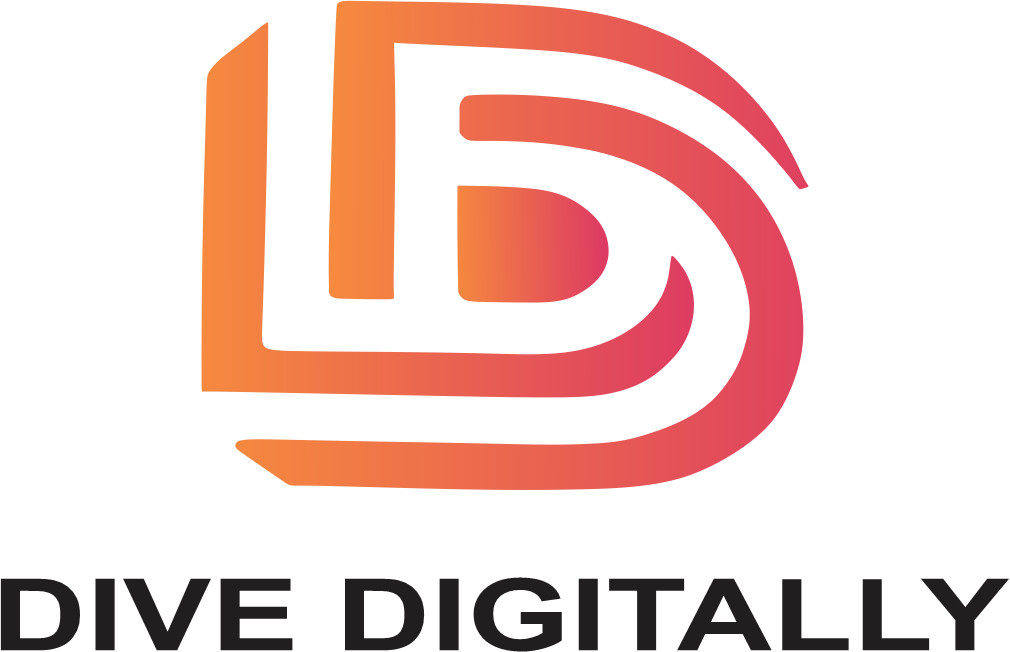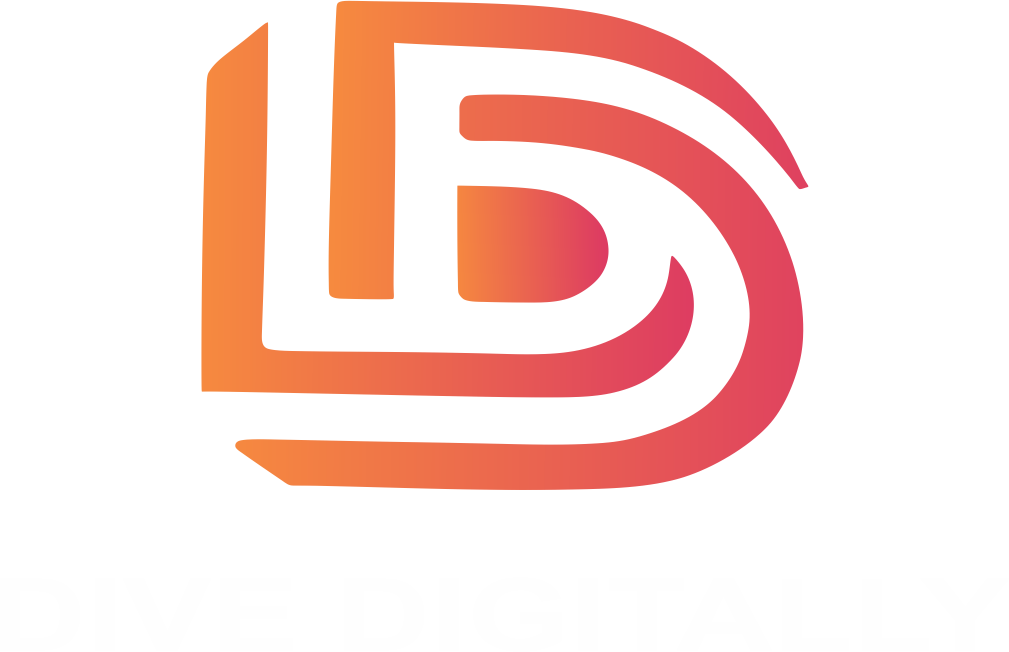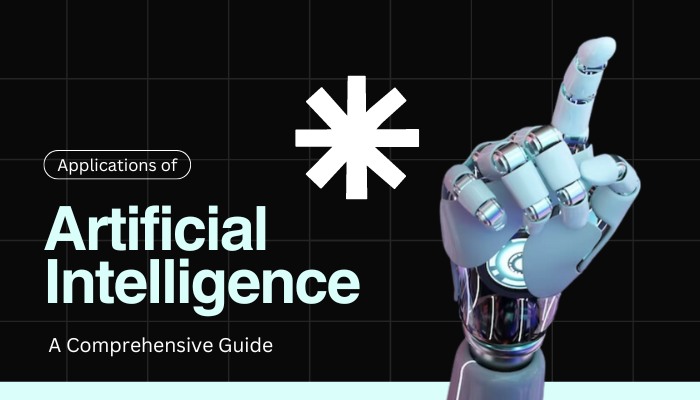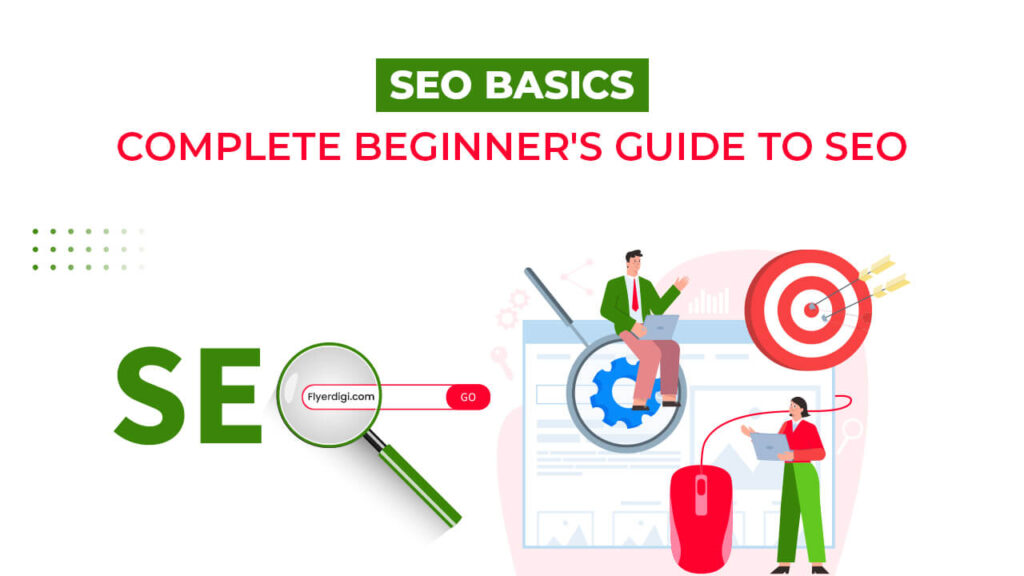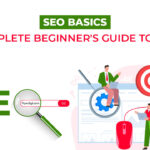The Ultimate Guide to SEO From Beginner to Pro in 2024
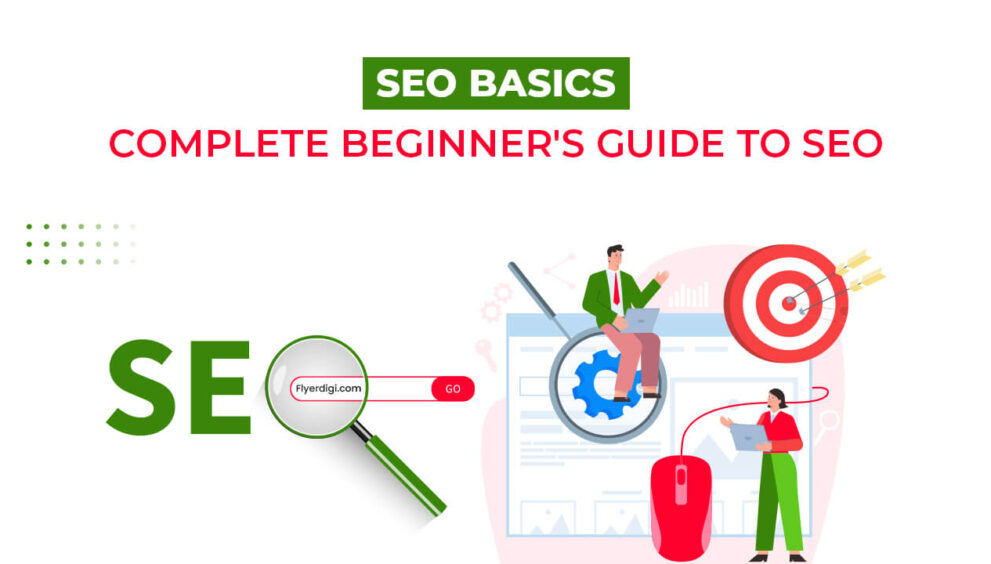
SEO stands for Search Engine Optimization. It’s the practice of improving the ranking of your website on search engine results pages (SERPs) for relevant keywords. The higher your website ranks, the more likely people are to find it, which can lead to increased website traffic, brand awareness, and conversions.
Why is SEO Important?
In today’s digital world, search Engine Optimization is essential for any business that wants to be successful online. Here are just a few reasons why:
- Increased website traffic: search Engine Optimization can help you attract more visitors to your website, which can lead to more leads and sales.
- Improved brand awareness: When your website ranks higher in SERPs, more people will see your brand name, which can help to improve brand awareness.
- Cost-effective marketing: search Engine Optimization is a cost-effective way to market your business online. Unlike paid advertising, SEO results are long-lasting and can continue to generate traffic for years to come.
- Targeted audience: search Engine Optimization can help you target your ideal audience by focusing on keywords that they are likely to search for.
How to Do Search Engine Optimization
There are a number of things you can do to improve your website’s SEO. Here are a few key areas to focus on:
- Keyword research: The first step to search Engine Optimization is to identify the keywords that your target audience is searching for. There are a number of keyword research tools available online that can help you with this task.
- On-page optimization: On-page optimization refers to the process of optimizing the content and code of your website for your target keywords. This includes things like optimizing your title tags, meta descriptions, header tags, and content.
- Technical SEO: Technical search Engine Optimization refers to the technical aspects of your website that can affect its SEO performance. This includes things like your website’s speed, mobile-friendliness, and sitemap.
- Off-page optimization: Off-page optimization refers to the process of building backlinks to your website from other high-quality websites. Backlinks are one of the most important ranking factors for search Engine Optimization.
- Content marketing: Content marketing is a great way to improve your website’s SEO and attract organic traffic. By creating high-quality, informative content that is relevant to your target audience, you can establish yourself as an authority in your industry and attract more visitors to your website.
Tools and Resources
There are a number of SEO tools and resources available online that can help you with your SEO efforts. Here are a few of the most popular ones:
- Google Search Console: A free tool from Google that provides you with insights into your website’s SEO performance.
- SEMrush: An all-in-one search Engine Optimization toolkit that provides a variety of features, including keyword research, competitor analysis, and backlink tracking.
- Ahrefs: Another popular search Engine Optimization toolkit that offers similar features to SEMrush.
- Moz: A Moz Pro subscription provides you with access to a number of search Engine Optimization tools and resources, including keyword research, on-page optimization tools, and link building tools.
Getting Started with SEO
If you’re new to SEO, it can be overwhelming. But don’t worry, there are a number of resources available to help you get started. Here are a few tips:
- Start with keyword research: Identify the keywords that your target audience is searching for.
- Optimize your website’s content: Make sure your content is high-quality, informative, and relevant to your target keywords.
- Build backlinks to your website: Backlinks are one of the most important ranking factors for search Engine Optimization. There are a number of ways to build backlinks, such as guest blogging and directory submissions.
- Be patient: search Engine Optimization is a long-term strategy. It takes time to see results.
By following these tips and using the tools and resources available online, you can improve your website’s search Engine Optimization and achieve your online marketing goals.
Additional Tips:
- Focus on white hat SEO: White hat search Engine Optimization refers to ethical SEO practices that are in accordance with search engine guidelines. Avoid black hat SEO tactics, as they can result in your website being penalized by search engines.
- Stay up-to-date with the latest SEO trends: The SEO landscape is constantly evolving. It’s important to stay up
